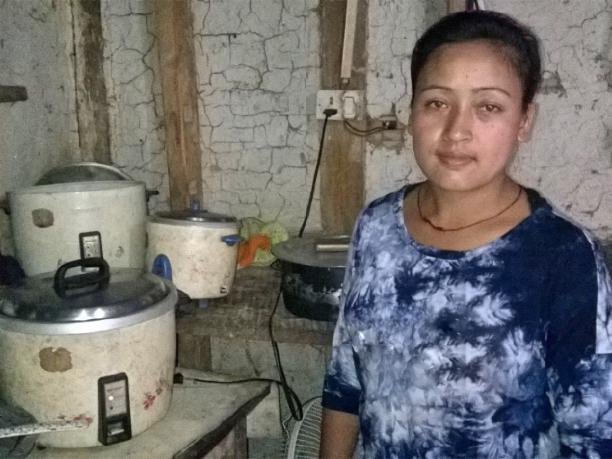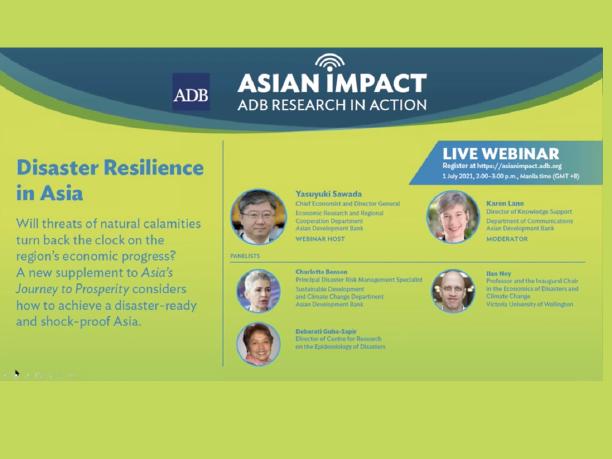Following the Royal Decree of 24 November 2016 relating to the supervision of several International Financial Institutions, the Minister of Finance, serving as Governor for Belgium in the Board of Governors, is competent for the supervision of the activities and administration of the ADB and the Asian Development Fund (ADF), while the Minister responsible for development cooperation serves as Alternate Governor for Belgium in the Board of Governors. The Minister of Finance has the authority to appoint Belgium’s representative in the ADB Board of Directors. All contributions to the ADB and the ADF are recorded in the budget of the General Administration of the Treasury, managed by the Minister of Finance.
Therefore, based on this distribution of Ministers’ competences, the General Administration of the Treasury, within the Ministry of Finance, is the main Belgium’s authority and point of contact for various international financial institutions, including the ADB, being responsible for their oversight. In this context, exchange of information and enhanced collaboration with the Directorate-General for Development Cooperation and Humanitarian Aid within the Ministry of Foreign Affairs, Foreign Trade and Development Cooperation occurs on regular basis.
Enabel, Belgium’s development agency, implements policy priorities of the federal government’s cooperation and promote sustainable international development, collaborating with different national, European, and international organizations. The Belgian Investment for Developing Countries (BIO) is a public limited company, owned by the Belgian state and under the responsibility of the minister in charge of Development Cooperation, which invests in various entities and sectors but also mobilizes private entities to invest in high development impact in Africa, Asian, and Latin America.
The priorities of both Ministers have been elaborated in their respective Policy briefings which cover a non-exhaustive list of important topics such as domestic resources mobilization; green investments; sustainability and fight against climate change, with a specific focus on adaptation; just transition; biodiversity; health and food security; sexual and reproductive rights; mobility; waste management; education; decent work; technology as an opportunity; good governance; private sector mobilization; open strategic autonomy and related supply chain diversification; democracy; rule of law; human rights migration; fragility and fragile states; gender equality and diversity; peace, security, stability and development; multilateralism and international cooperation; operational effectiveness; mutually beneficial and sustainable partnerships, as well as knowledge and expertise sharing.
Even if, as of April 2025, the list of the partner countries of the Belgian government cooperation focuses mainly on Africa with no country in Asia and the Pacific, Belgium support directly or indirectly other regions in the world by being active in non-governmental cooperation, academic cooperation, humanitarian aid and multilateral and international financial institutions as well as bilateral relations. This is also reflected in the policy briefings which also refer to specific area of focus such as Caucasus, Türkiye, Asia and Indo-Pacific, India, South Korea, Japan and other regions of the world for which increased collaboration with the European Union is warranted, also in the context of the Global Gateway strategy.
Belgium is a founding member of ADB and has, since 1966, provided $471.1 million in capital subscription to ADB, with $23.5 million in paid-in capital subscription. Belgium has also committed $268.7 million to ADB special funds, as of 31 December 2024. Of this commitment, $9.9 million went to the Technical Assistance Special Fund (TASF), $14.4 million to the Pakistan Earthquake Fund and $244.4 million to the Asian Development Fund (ADF), in addition to the net income transfers from ADB’s ordinary capital resources to the ADF, usually made on an annual basis. The TASF provides technical assistance grants to developing member countries to help prepare projects and undertake technical or policy studies, while the ADF provides grants to ADB’s lower-income developing member countries to promote poverty reduction and improvements in the quality of life in the poorer countries of the Asian and Pacific region.


